Piling pipes are a simple and easy to understand type of pile. Since they are made of steel, they can bear extremely heavy loads, and the right steel can make them almost unaffected by environmental conditions. Steel pile pipes play a decisive role in large construction sites such as ports, bridge construction, and pile foundations. Today, we will introduce the types and advantages of steel pile pipes in detail.
What are piling pipes?
Piling Pipes are products made of steel pipes, mortises, and tenons. Pipe piles overlap each other to form an arc or circle. They can be used to hold water, sand, etc. and are intended for use in offshore docks. Steel pipe piles are a type of steel pile material. Usually refers to carbon steel pipes manufactured welded (
SSAW or
LSAW) to support and stabilize the foundation of a building. Therefore, pipe piles are a structural building material. Types of manufactured pipe piles:,electric resistance welded, fusion welded, flash welded joints are commonly used for longitudinal, spiral pipe piles. It also specifies tensile strength requirements, minimum values, and common sizes and weights based on these values.
Piling pipe types:
While all different pile driving methods involve driving pipes into the ground, different soil conditions and structural needs are suitable for different types of piling pipes. Here are some of the most common types of steel pipe piles:
Open Steel Pipe Piles: These are completely open to the ground. After installation, the ground level inside and outside the pipe should be the same. They transfer loads to the soil primarily through friction.
Plate Steel Pipe Piles: These are one of the two common types of stuck piles. In this case, a steel plate is welded to the bottom end. The steel plate is designed to create compression and increase friction to reduce sliding. They are used in rocky terrain with only a minimal layer of soil between the rock and the pile.
Welded Steel Pipe: The piles are made by welding steel plates together. These piles are strong and customizable and are commonly used in building foundations and marine structures.
Spiral Welded Steel Pipe Piles: These piles are welded in a spiral shape to form a spiral seam. They have excellent resistance to deformation and are commonly used in bridge abutments and soil stabilization.
Shaped steel piles: Shaped steel piles come in I- and H-shaped cross-sectional shapes and are suitable for projects that need to withstand vertical and horizontal loads. Their design flexibility makes them suitable for a wide range of applications from foundation support to retaining structures.
What are piling pipes advantages?
There are a variety of options when it comes to structural support. This includes concrete piles, steel sheet piles, and timber piles. However, pipe piles have become the most popular choice due to their customizability and affordability. Unlike other options, pipe piles are pre-built structures that are driven into the ground by hammering and secured by friction with the soil. These structures are effective in handling heavy structural loads and can be adjusted to meet project needs by adding or removing pipes.
Advantages of Piled Piles:
1. High bearing capacity of pile body
2. High bending strength
3. Can be used as the main component of composite wall
4. Can be used as part of composite piles
5. Easy to install and connect
6. Highly customizable
7. Reduced maintenance and replacement costs
The following are the main advantages of pipe piles compared to other pile materials and pile shapes:
High axial bearing capacity: Pipe piles have a large diameter and their axial bearing capacity comes from surface friction resistance and pile tip bearing resistance, both of which are affected by the geometry of the pile. Therefore, friction resistance increases when the surface area of the pile increases, and the end bearing resistance increases when the cross-sectional area of the pile increases.
High bending strength: Steel has a high yield strength and can withstand the upper loads generated by the building or bridge structure and the lateral pressure of the soil in the retaining structure, enhancing the bending resistance of the pile.
As the main component of the composite wall: In sheet pile projects, pipe piles can be used as main piles and combined with U-shaped or Z-shaped sheet piles to form a continuous wall. This configuration enhances the bending moment capacity of the wall and optimizes the amount of steel required for the design.
Components of composite piles: Pipe piles driven into the ground can be filled with concrete to form composite piles, which significantly increases stiffness and improves the pile's ability to resist external forces under static and dynamic loads (such as earthquakes or wind loads).
Easy to install and connect: Pipe pile geometry is suitable for welding, making it relatively easy to install, effectively reducing construction time and improving efficiency.
Pipe piles are widely used in foundations and retaining structures to effectively resist gravity and lateral forces, and are generally more cost-effective than traditional concrete piles and typical U-shaped and Z-shaped sheet piles.
Steel pipe piles have a wide range of uses. They can be used as building foundations and bridge piers/foundations. Pipe piles are also used in port projects as the foundations of bridge piers and piers. Piles can also interlock to form continuous walls to retain soil on the back, such as pier walls, cofferdams and excavation protection structures. Uses of steel pipe piles As foundations and/or retaining structures, they have been found to effectively resist various combinations of gravity and lateral forces. In most cases, it is a more cost-effective foundation solution compared to traditional concrete piles (for foundations) and typical U- and Z-shaped sheet piles (for retaining walls).
Piling Pipe Supplier
Piling pipe has become one of the best heavy-duty support options on the market.
Baowi Steel offers a wide range of piling services, products and solutions to meet your business goals. If you need more information, please contact us!








 English
English Español
Español بالعربية
بالعربية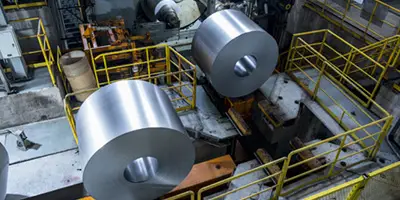
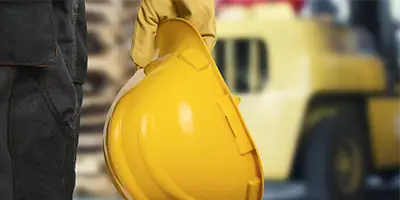
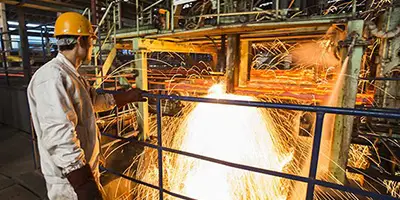
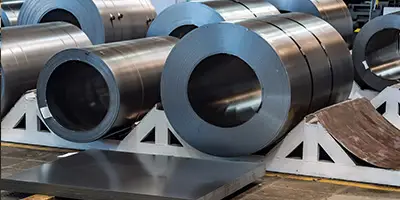

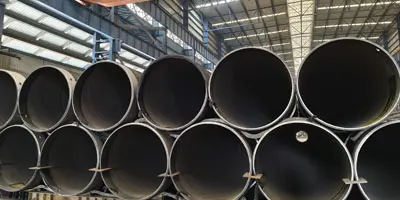
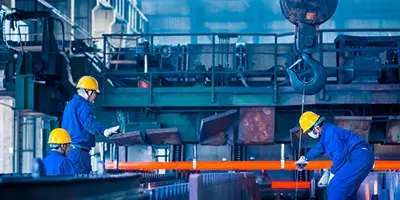
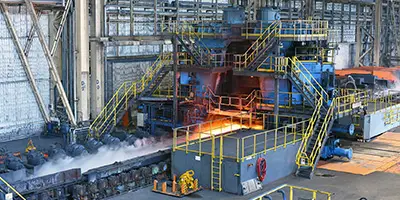
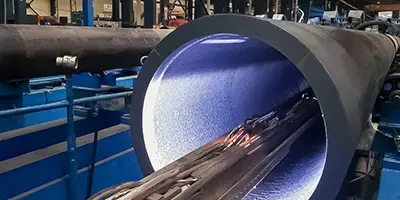
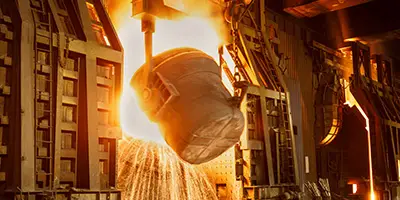
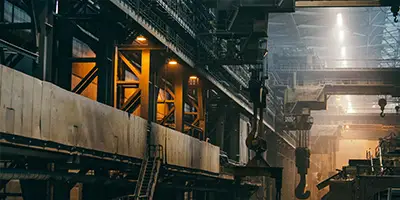
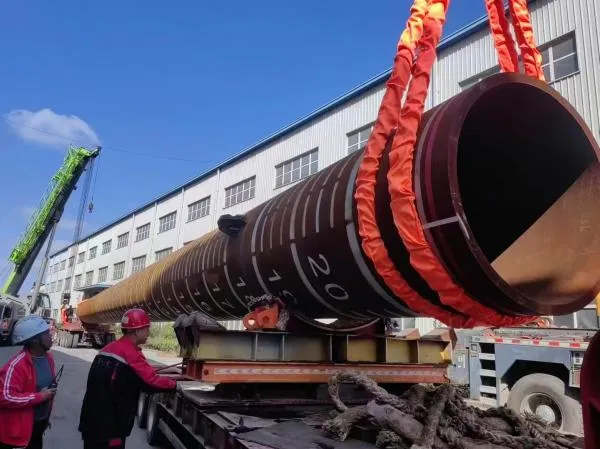
 Phone :
Phone :  Whatsapp :
Whatsapp :  Email :
Email : 


